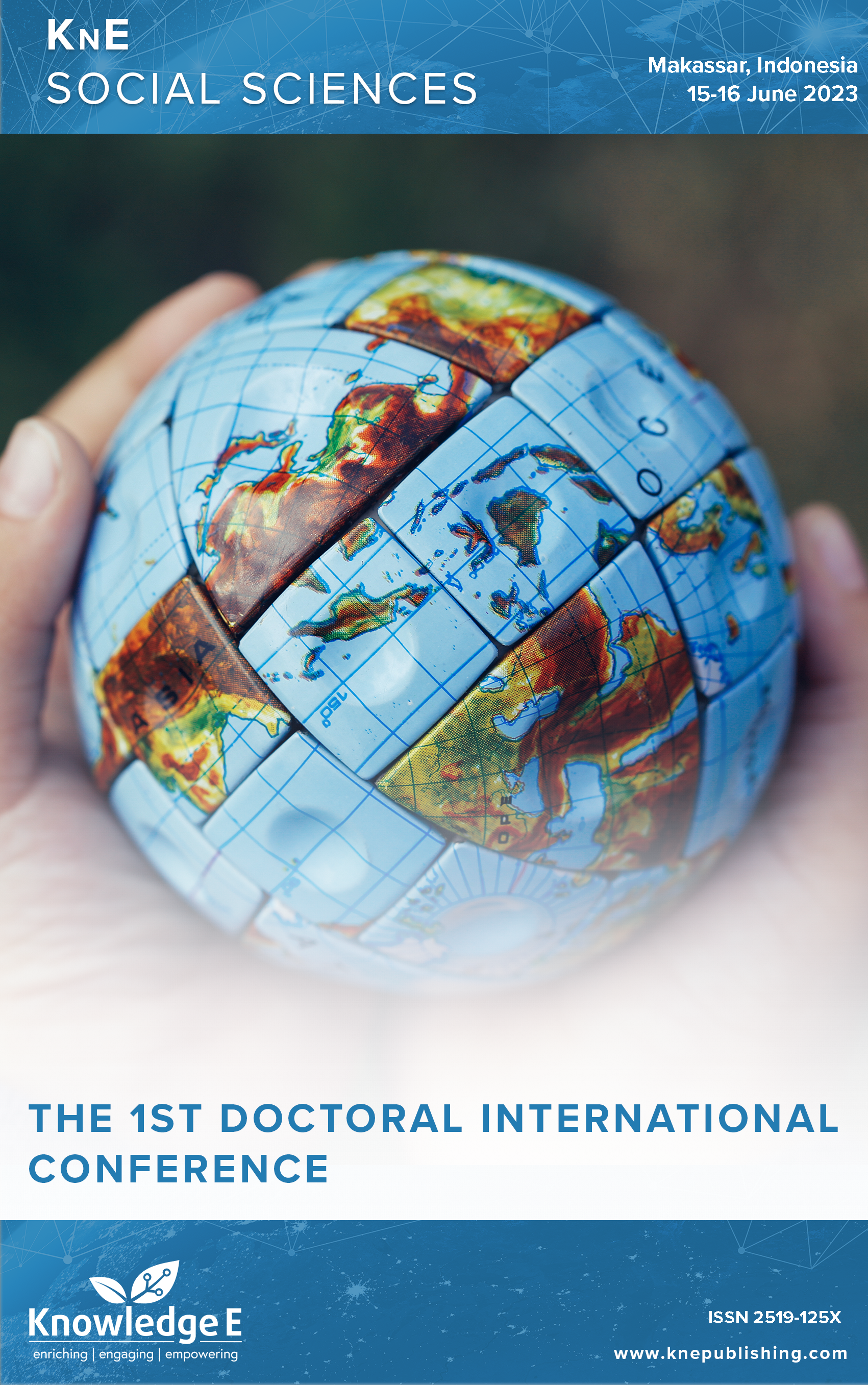Innovation of Digital-Based Licensing Services in the One-Stop Integrated Service of West Sulawesi Province
DOI:
https://doi.org/10.18502/kss.v8i17.14152Abstract
The rapid development of information and communication technology (ICT) in the digital era has compelled the government to adapt by innovating governance through electronic-based systems, especially in public service delivery. The Government of West Sulawesi has also embraced this digital transformation and introduced ”digital service innovation” in the One-Stop Integrated Service (PTSP) of the province. One such innovation is the online licensing application (SAPO) system. This study aimed to assess the implementation, quality, and impact of the SAPO system on society. A quantitative approach with a survey type was used for data collection, along with literature studies. The findings reveal that the digital-based licensing service innovation has brought significant improvements in the quality and quantity of licensing services in the One-Stop Integrated Services of West Sulawesi Province. However, further efforts are needed to strengthen and mature the service quality to ensure that the impact of this innovation is maximally felt by the community.
Keywords: digital, innovation, licensing services, public service
References
[2] Thenint HL, A. ”Mini study 10 innovation in the public sector. Manchester,” in Global Review of Innovation Inteligence and Policy Studies, 2010.
[3] Altschuler A, Zegans M. Innovation and public management: Notes from the state house and city hall. In: Altchuler A, Behn R, editors. Innovation in American Government. 1997.
[4] Mulgan G, Albury D. Innovation in the public sector. London: Cabinet Office; 2003.
[5] Hartley J. Innovation in governance and public Services: Past and present. Journal Public Money & Management. 2005;25:27–35.
[6] Thoha M. Kepemimpinan dan Manajemen, Jakarta: PT. Raja Grafindo Persada, 2010.
[7] Robbins SP, Judge TA. Perilaku organisasi edisi ke-12. Jakarta: Salemba Empat; 2008.
[8] Siagian PS. Manajemen Sumber Daya Manusia. Jakarta: Bumi Aksara; 2004.
[9] Sethi R, Smith DC, Park CW. Cross-Functional Product Development Teams, Creativity, and the Innovativeness of New Consumer Products. Journal of Market Research. 2001;38(1):73–85.
[10] Tajeddini K, Trueman M, Larsen G. ”Examining the effect of market orientation on innovativeness,” Journal of Marketing Management, vol. 22, 2006. https://doi.org/10.1362/026725706777978640
[11] Hawkins D, Mothersbaugh D. Consumer behavior: Building marketing strategy. McGraw-Hill; 2010.
[12] Henard DH, Dacin PA. Reputation for Product Innovation: Its Impacton Consumers. Journal of Product Innovation Management. 2010;27(3):321–335.
[13] Kunz W, Schmitt B, Meyer A. How does perceived firm innovativeness affect the. Journal of Business Research. 2011;64(8):816–822.
[14] Marsono a. Pengukuran Indeks Persepsi Inovasi Pelayanan Publik. Indonesia: Pusat Inovasi Pelayanan Publik; 2017.
[15] Hardiansyah. Kualitas Pelayanan Publik (Yogyakarta): Gava Media; 2011.
[16] RFW Sobari, I Pohan. “Membudayakan Inovasi Pelayanan Publik: Refleksi Atas Upaya Pemimpin Organisasi Perangkat Daerah (OPD) Di Pemerintah Kota Malang,”. PUBLISIA: Jurnal Ilmu Administrasi Publik. 2022;7(2):250–268.

